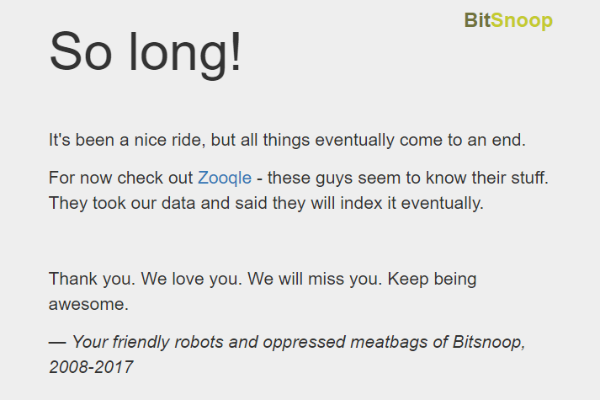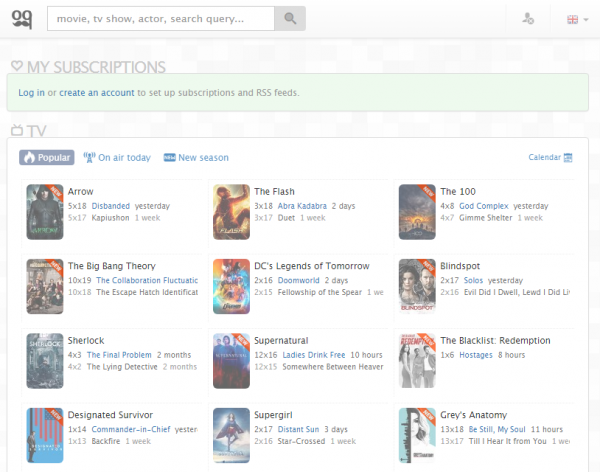Russia Wants To Hold Social Networks Liable For Internet Piracy
dimanche 2 avril 2017 à 20:11 When file-sharing was in its infancy, most infringement took place via P2P software such as Kazaa or LimeWire. With their built-in search and download features they were an all-in-one solution, ripe for a full on legal attack.
When file-sharing was in its infancy, most infringement took place via P2P software such as Kazaa or LimeWire. With their built-in search and download features they were an all-in-one solution, ripe for a full on legal attack.
In more recent times the web has played a much more important role in the distribution of copyright-infringing material, via torrent or streaming sites, for example. However, the rise of social media presents a new threat, with huge numbers of people now accessing copyrighted content via Facebook, Twitter, and other platforms.
The social media problem is considered to be particularly problematic in Russia, with users sharing full movies, TV shows and music, via platforms such as vKontakte, Russia’s Facebook. Such sites claim to be fully compliant with copyright law and do make efforts to reduce infringement with licensing deals and content recognition software. Nevertheless, if the Russian government has its way, the noose could tighten significantly in the future.
Social networking platforms currently enjoy the status of ‘information intermediary’ in Russia, a standing that puts them on a par with Internet service providers who can not generally be held liable for the infringing acts of their subscribers.
However, the Ministry of Culture believes that since much of the copyright infringement in Russia is now carried out via social networks, it will soon be necessary to strip them of their intermediary status. That would have the effect of rendering them jointly liable for infringement alongside their errant subscribers.
According to news outlet Izvestia, the relevant bill has already been drafted and, after gaining approval from the Ministry of Culture board, will be presented for public comment.
The basic premise is that when imposing liability on a social platform, courts must consider several factors. They include whether a platform should have been aware that content is infringing, whether any preventative measures were taken to mitigate infringement (filtering), whether timely steps to stop infringement were taken once the platform was made aware (takedowns), and whether or not profit was generated from illegal use (advertising).
“Despite the excuses, the technical ability to [prevent infringement] exists. Of course, this will require a lot of money, but if you want to use content you have to pay for it,” a content producer told Izvestia.
“Today, virtually all Internet traffic is comprised of audiovisual content, all supplied by content creators and often not paid for. Measures should be taken – such as those in the Ministry of Culture bill, and many others – to drive illegal content into the ‘ghetto’. Piracy is theft, and it must be fought.”
But while content producers and distributors believe there are simple solutions, others view the situation as more complex.
In common with complaints voiced by critics in the US and Europe, there are concerns that huge burdens will be placed on platform providers if they are required to conduct a full legal analysis of every file uploaded by their users. There are also worries that non-infringing content (such as public domain material) could get caught up in filtering systems.
Quite how these plans will play out is unclear, but it seems likely that social networks will put up a fight to ensure that whatever responsibilities are imposed on them allow room for development and innovation.
Source: TF, for the latest info on copyright, file-sharing, torrent sites and ANONYMOUS VPN services.
 Nowadays, online pirates have many options to download movies, TV-shows or other infringing content.
Nowadays, online pirates have many options to download movies, TV-shows or other infringing content. 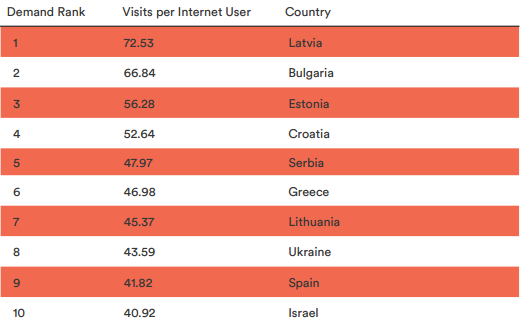
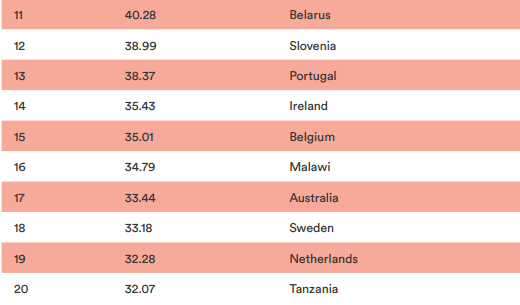
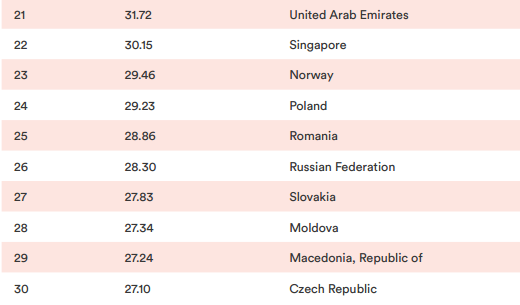
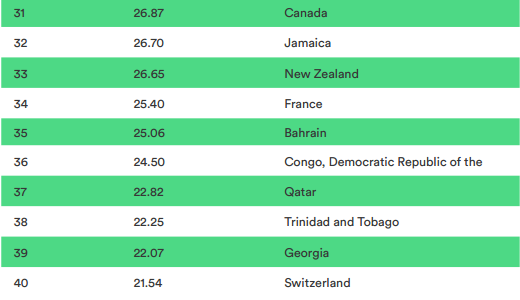
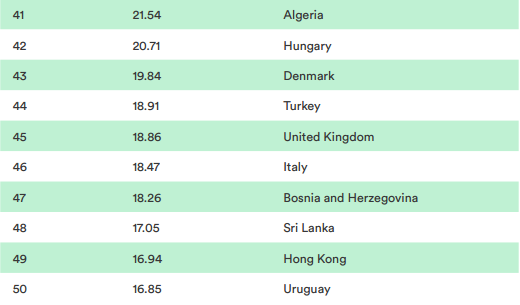
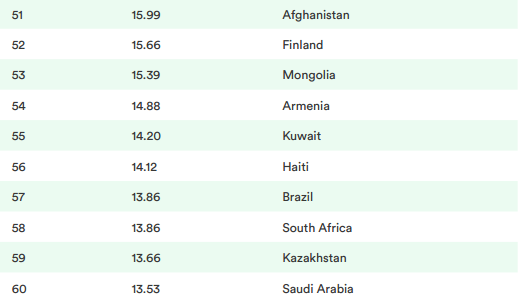
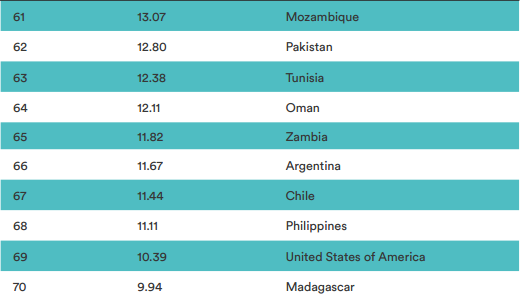
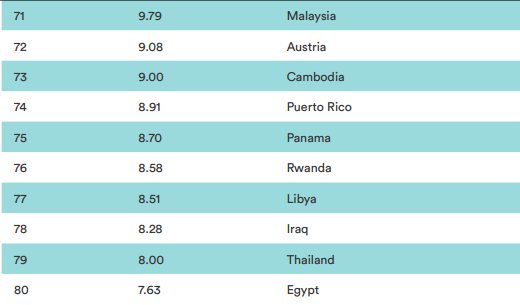
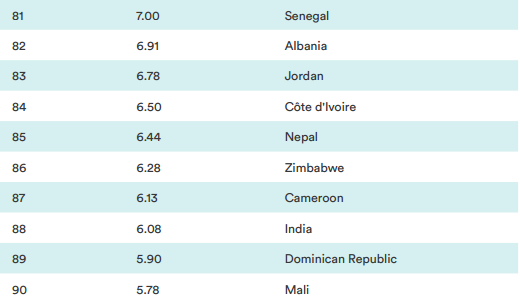
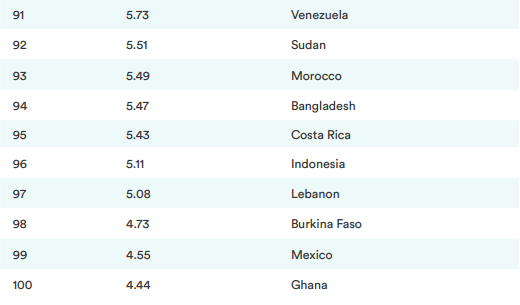
 Last year, media conglomerate ABS-CBN took the popular pirate streaming site FMovies
Last year, media conglomerate ABS-CBN took the popular pirate streaming site FMovies 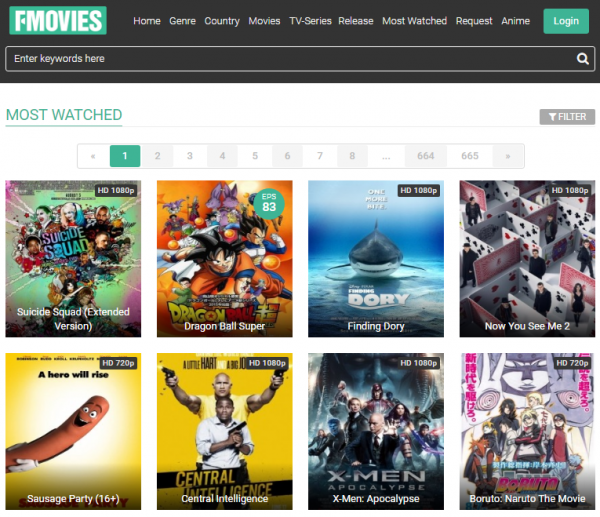

 Founded in 2008, torrent search engine Bitsnoop was one of the fastest growing torrent sites at the beginning of the decade.
Founded in 2008, torrent search engine Bitsnoop was one of the fastest growing torrent sites at the beginning of the decade. 